As a parent, it’s vital to choose nutrient-rich foods that contribute to your baby’s growth and development. One such food that often goes overlooked is the humble kiwi fruit. In this article, we will explore the benefits of incorporating kiwi fruit into your baby’s diet and provide tips on how to introduce it safely and effectively. 1. Packed with Essential Nutrients Kiwi fruit is a nutritional powerhouse, loaded with vitamins, minerals, and antioxidants. It contains a generous amount of vitamin C, which strengthens the immune system, aids in collagen production, and enhances the absorption of iron. Additionally, kiwi fruit is rich in vitamin E, potassium, fiber, and folate, all of which contribute to overall health and development.
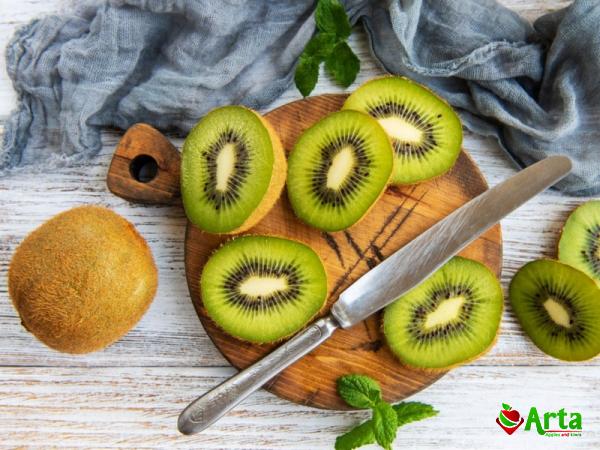
.
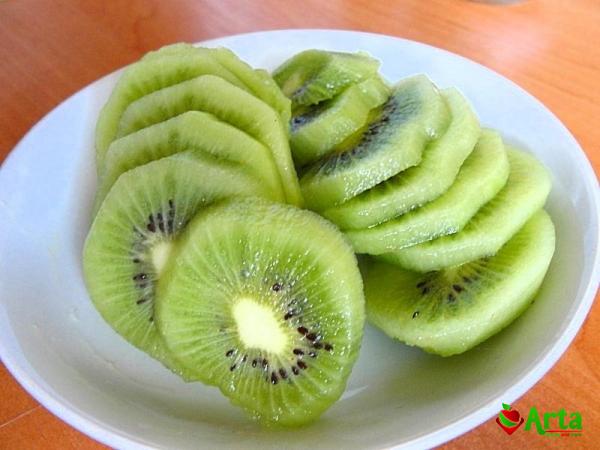 2. Boosts Digestive Health Kiwi fruit is known for its digestive benefits, making it an ideal food to introduce to your baby’s diet. The high fiber content promotes regular bowel movements and helps prevent constipation, a common issue in infants transitioning to solid foods. The natural enzymes found in kiwi, such as actinidin, further facilitate healthy digestion. 3. Supports Healthy Brain Development Folate, found abundantly in kiwi fruit, is an essential nutrient for brain development in babies. It plays a crucial role in cognitive function, memory, and attention span. By including kiwi fruit in your baby’s diet, you can provide a natural source of folate, promoting optimal brain development. 4. Encourages a Balanced Diet Variety is key when it comes to a well-rounded diet for your baby. Introducing them to a wide range of fruits from an early age helps develop their palate and encourages them to make healthier food choices in the future. Kiwi fruit, with its vibrant color, unique texture, and sweet-tart taste, will captivate your baby’s curiosity and create a positive association with fruit.
2. Boosts Digestive Health Kiwi fruit is known for its digestive benefits, making it an ideal food to introduce to your baby’s diet. The high fiber content promotes regular bowel movements and helps prevent constipation, a common issue in infants transitioning to solid foods. The natural enzymes found in kiwi, such as actinidin, further facilitate healthy digestion. 3. Supports Healthy Brain Development Folate, found abundantly in kiwi fruit, is an essential nutrient for brain development in babies. It plays a crucial role in cognitive function, memory, and attention span. By including kiwi fruit in your baby’s diet, you can provide a natural source of folate, promoting optimal brain development. 4. Encourages a Balanced Diet Variety is key when it comes to a well-rounded diet for your baby. Introducing them to a wide range of fruits from an early age helps develop their palate and encourages them to make healthier food choices in the future. Kiwi fruit, with its vibrant color, unique texture, and sweet-tart taste, will captivate your baby’s curiosity and create a positive association with fruit.
..
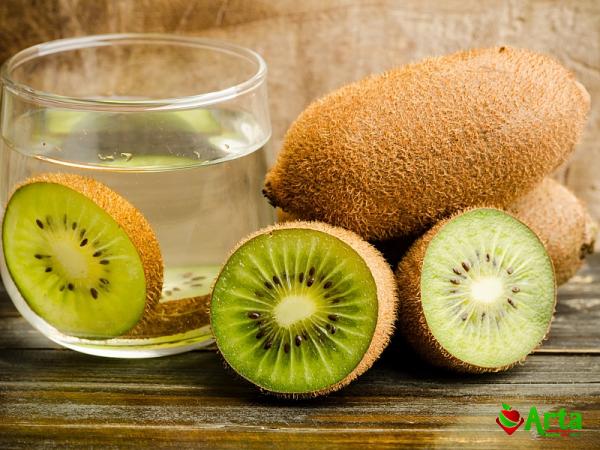 Tips for Introducing Kiwi Fruit to Your Baby – Timing: Babies usually start solids around six months, but always consult with your pediatrician before introducing new foods. – Preparation: Begin by pureeing or mashing the kiwi fruit to create a smooth consistency for your baby. As they grow older, you can offer small pieces for them to practice self-feeding. – Allergy considerations: Kiwi fruit can be allergenic, so it’s crucial to observe your baby carefully for any signs of adverse reactions, such as rashes, hives, or breathing difficulties. If any concerns arise, consult your pediatrician immediately. – Gradual introduction: Start with a small amount of blended kiwi fruit and gradually increase the quantity as your baby becomes more accustomed to the flavor and texture. – Pair with other foods: Mix kiwi fruit with familiar foods your baby enjoys, such as yogurt or cereal, to make the introduction smoother and more appealing.
Tips for Introducing Kiwi Fruit to Your Baby – Timing: Babies usually start solids around six months, but always consult with your pediatrician before introducing new foods. – Preparation: Begin by pureeing or mashing the kiwi fruit to create a smooth consistency for your baby. As they grow older, you can offer small pieces for them to practice self-feeding. – Allergy considerations: Kiwi fruit can be allergenic, so it’s crucial to observe your baby carefully for any signs of adverse reactions, such as rashes, hives, or breathing difficulties. If any concerns arise, consult your pediatrician immediately. – Gradual introduction: Start with a small amount of blended kiwi fruit and gradually increase the quantity as your baby becomes more accustomed to the flavor and texture. – Pair with other foods: Mix kiwi fruit with familiar foods your baby enjoys, such as yogurt or cereal, to make the introduction smoother and more appealing.
…
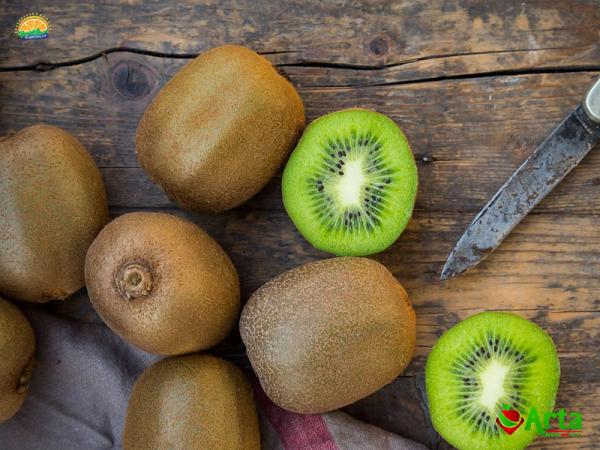 Conclusion Incorporating kiwi fruit into your baby’s diet presents numerous benefits, ranging from its abundant nutritional profile to its positive impact on digestion and brain development. As a parent, it’s essential to expose your baby to a wide array of healthy foods, and kiwi fruit is an excellent choice. Remember to consult your pediatrician and follow the tips provided to ensure a smooth and safe transition into solid foods.In addition to the benefits mentioned above, introducing kiwi fruit to your baby’s diet can also contribute to their overall growth and development in various ways. 5. Supports Healthy Bones and Teeth Kiwi fruit is a rich source of calcium, which is essential for the development and maintenance of strong bones and teeth. As your baby grows, providing them with foods that promote healthy bone development is crucial. By including kiwi fruit in their diet, you can help support their growing skeletal system. 6. Enhances Eye Health Kiwi fruit contains lutein and zeaxanthin, antioxidants that are known to promote good eye health. These compounds protect the eyes from harmful UV rays and oxidative stress, reducing the risk of age-related eye disorders such as macular degeneration. Introducing kiwi fruit to your baby’s diet can lay the foundation for lifelong eye health.
Conclusion Incorporating kiwi fruit into your baby’s diet presents numerous benefits, ranging from its abundant nutritional profile to its positive impact on digestion and brain development. As a parent, it’s essential to expose your baby to a wide array of healthy foods, and kiwi fruit is an excellent choice. Remember to consult your pediatrician and follow the tips provided to ensure a smooth and safe transition into solid foods.In addition to the benefits mentioned above, introducing kiwi fruit to your baby’s diet can also contribute to their overall growth and development in various ways. 5. Supports Healthy Bones and Teeth Kiwi fruit is a rich source of calcium, which is essential for the development and maintenance of strong bones and teeth. As your baby grows, providing them with foods that promote healthy bone development is crucial. By including kiwi fruit in their diet, you can help support their growing skeletal system. 6. Enhances Eye Health Kiwi fruit contains lutein and zeaxanthin, antioxidants that are known to promote good eye health. These compounds protect the eyes from harmful UV rays and oxidative stress, reducing the risk of age-related eye disorders such as macular degeneration. Introducing kiwi fruit to your baby’s diet can lay the foundation for lifelong eye health.

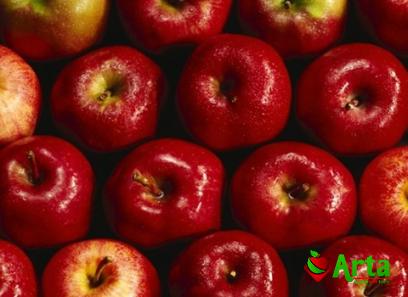
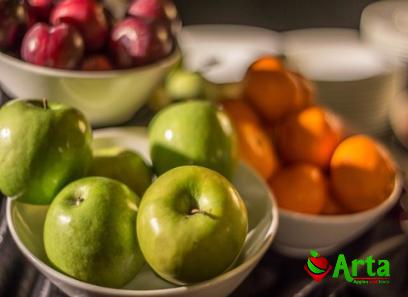
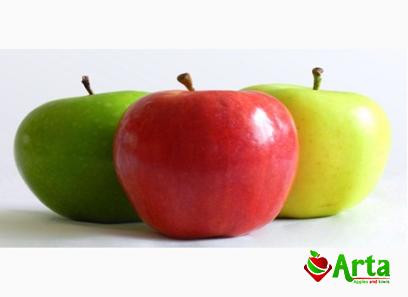
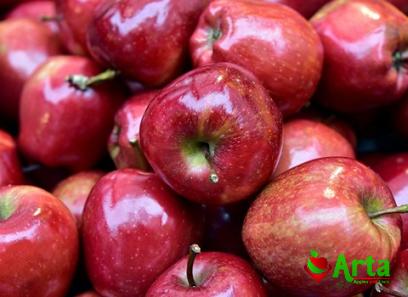
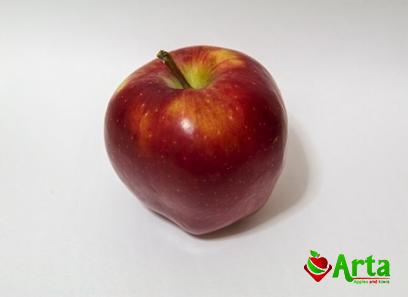
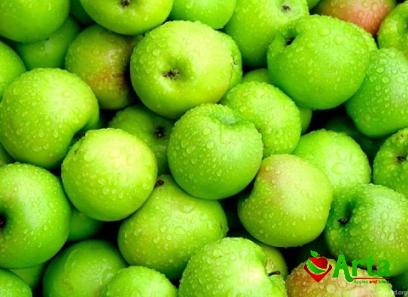
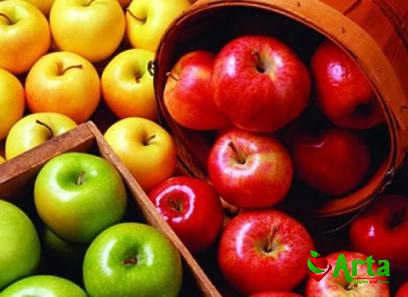
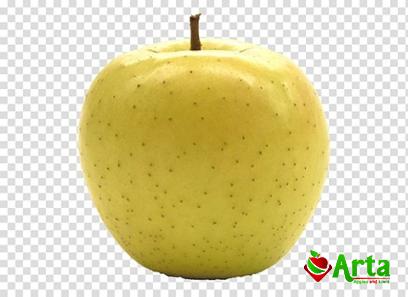
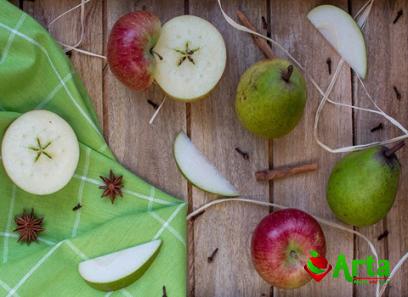
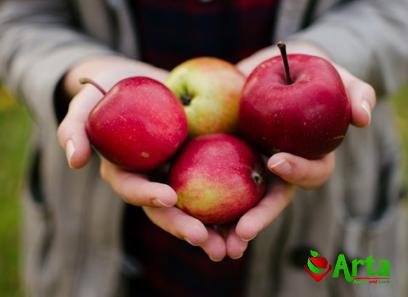
Your comment submitted.